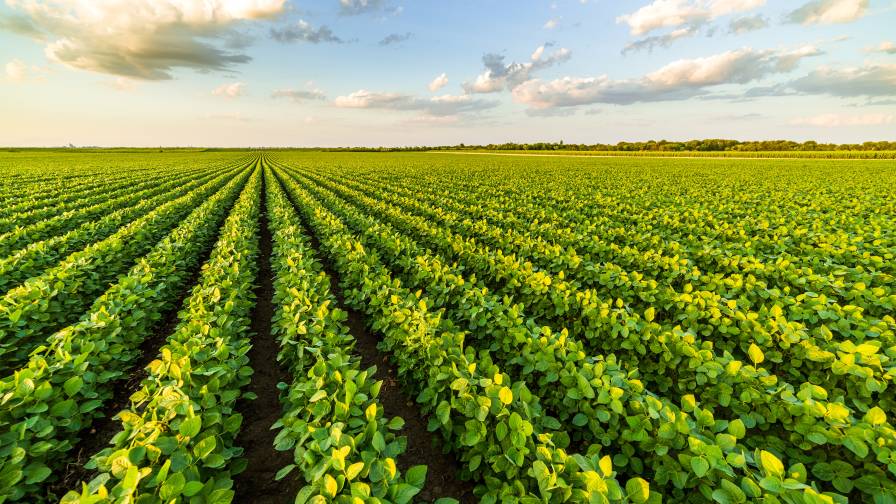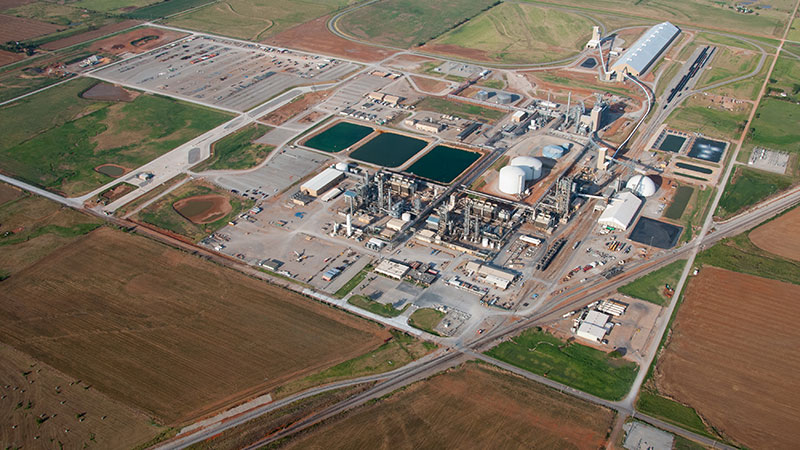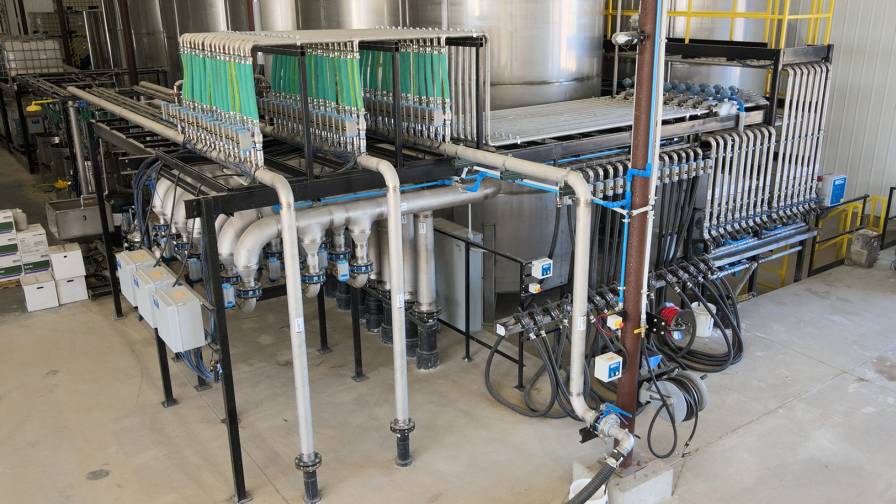EPA Renews Dicamba Label, with New Restrictions
Long-awaited news from EPA came on the evening of Oct. 31 that it has decided to renew the label for over-the-top use of dicamba, with additional restrictions in place, for two more years.
The two most significant changes to the label are as follows:
- Only certified applicators may apply dicamba over the top (those working under the supervision of a certified applicator may no longer make applications.)
- Prohibit over-the-top application of dicamba on soybeans 45 days after planting and cotton 60 days after planting.
U.S. Secretary of Agriculture Sonny Perdue offered the following statement:
“It is important that the EPA has decided to renew the registration of over-the-top use of this important weed control technology on dicamba-resistant cotton and soybeans, because it presents farmers with options. This represents the conclusion of a very thorough scientific review, in conjunction with stakeholders, involving site visits and careful consideration of facts. Producers who use this weed control method should review the label, understand why changes have been made, and ensure that all requirements of the label are met when the 2019 use season begins.”
Ryan Rubischko, Bayer’s dicamba portfolio lead, said, “Growers have indicated the need for this important tool, as a component of a complete weed management system, to fight tough-to-control weeds. XtendiMax is a highly effective, proven broadleaf weed control option that is delivering results for farmers, who have reported 95% weed control satisfaction over the last two seasons. This continued registration, based on an extensive review, keeps this much-needed weed control tool in the hands of growers.”
Bayer “is planning a robust training program to educate certified applicators on the label requirements. Information regarding training opportunities prior to the 2019 season will be available soon at RoundupReadyXtend.com/training,” Rubischko added.
Thirty-four soybean and cotton producing states will now move to approve re-registrations. In response to a question on a conference call with media on how Bayer would handle any additional restrictions or outright bans potentially imposed on the technology by the states, Rubischko declined to say whether it would pursue legal action as it did the previous season in Arkansas.
Bayer had received requests from academia that it conduct studies more in localized conditions, “and that’s exactly what we’ve done. Throughout the U.S. we have conducted more than 1,200 trials in collaboration with a number of academics. We still feel that additional restrictions beyond what’s been identified on the federal EPA label are unwarranted. That’s in part why we are doing additional research: to showcase why tools like XtendiMax can be used without additional further restrictions,” Rubischko said on the call.
The registration for all dicamba products registered for over-the-top use on genetically engineered cotton and soybeans will automatically expire on Dec. 20, 2020, unless EPA acts to extend it.
Bayer expects acres of Roundup Ready 2 Xtend soybeans and cotton with XtendFlex technology to expand from 50 million in 2018 to 60 million acres in 2019. Its dicamba-tolerant soybeans comprised half of the total U.S. soybean acreage in 2018, according to the company .
Seeking Clarity
Details of the label updates immediately sparked questions on Twitter from some in the ag community.
In reaction to the EPA announcement, Dr. Bob Hartzler, Professor of Agronomy with Iowa State University, tweeted, “I do not fully understand some of the implications and am seeking answers,” and wrote a blog post addressing his questions, including confusion as to whether the 45-day after-planting cutoff replaces the previous restriction that limited applications up to and including the R1 soybean stage
He added, “Unfortunately, I don’t think these new restrictions will have a significant impact on the problems we’ve seen the past two years. I was hoping for something similar to what Minnesota did in 2018, a date and temperature cutoff for dicamba applications on Xtend soybean.”
More information including regarding questions on the label will be posted to CropLife.com as it becomes available.






